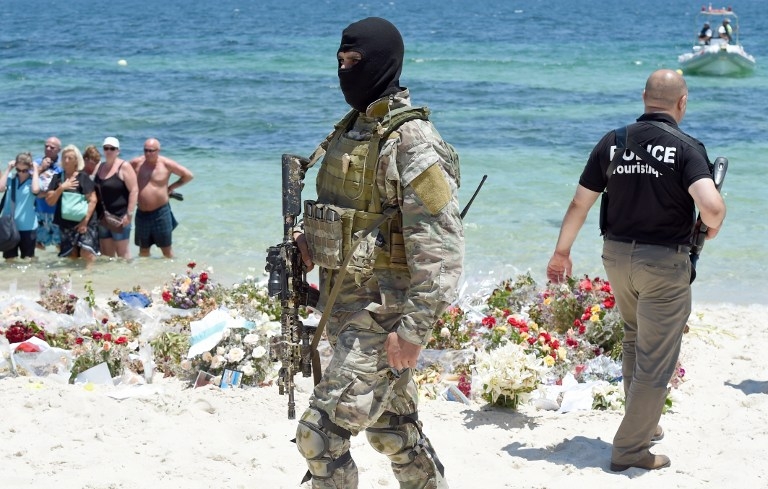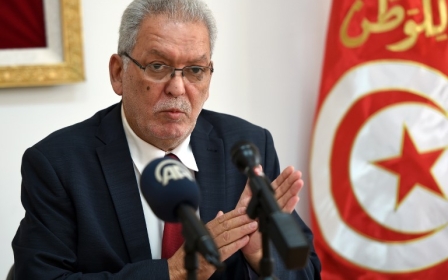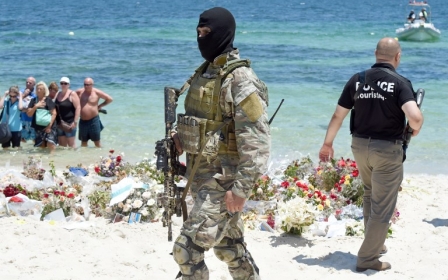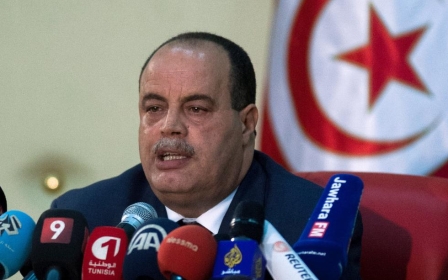To cope with terror, Tunisia needs more democracy

Such a grisly spectacle as the Sousse beach massacre last month, in which 38 people, mainly tourists, were killed by a gunman, breeds a kind of horror and rage that can send the political class running for a quick fix. The Tunisian government’s first response was knee-jerk and authoritarian.
It announced the closure of 80 mosques; but where will the congregations go? It proposed stricter rules for political parties and civil society organisations; but how else will dissent express itself? It implemented blanket bans on travellers under the age of 35 to certain destinations; but is it wise to narrow the horizons of young people? The president declared a state of emergency, criticising labour strikes and civil disobedience; but can security forces single-handedly silence poverty?
The question Tunisia now faces is not whether freedom and security can coexist or how much of the former must be sacrificed to establish the latter. This formula - a simple inverse relationship between the necessity of preserving life and the mere preference for an unfettered one - is false. It is a narrative designed to reshape citizenship in the modern era without ever having to put the proposal on a ballot. It is an affront to democracy everywhere.
The real antidote to terrorism is to apply democratic principles more fully to government. A prerequisite for effective tactical responses to terrorism is a professional security sector that is responsible to the republic and citizens rather than to a political party, crony capitalists or the state.
While Tunisia’s political transition since an uprising in 2011 has been characterised by a set of democratic principles - e.g. nascent government accountability, pluralism, open debate, and several free and fair elections - Tunisia’s most powerful state institution has so far remained immune. That institution is the Ministry of Interior, responsible not only for security forces but also for appointing governors and mayors, and intervening in the affairs of other state institutions through numerous mechanisms. The ministry was never designed to protect citizens against crime or terrorism but to protect the previous regime through repression. That fundamental formula has never changed.
There are several indications that this institution enjoys impunity and is not under the control of a democratically elected leadership. When the government announced it would deploy more security forces to guard tourist destinations following the Sousse attack, the Minister of Interior paid a surprise visit to one outpost in Hammamet. In a video of the visit that was shared widely on social media, his forces aren’t there. He asks twice where they are, then whether they went for a coffee break, then says he’ll come back the next day.
Another indication is evident in previous state responses to terrorism. Since the 2011 uprising, there have been four terrorist attacks that have killed civilians: the assassination of leftist politician Chokri Belaid in 2013; the assassination of pan-Arab politician Mohammed Brahmi in 2013; the murder of over a dozen people in the Bardo Museum by Jabeur Khachnaoui, Yassine el-Abidi and potentially a third gunman in March 2015, and the latest attack by Seifeddine Rezgui in Sousse. In each of these cases, there has been little if any official accounting or explanation for the events, their causes or the many troubling questions pointing to grave security and intelligence failures.
For example, the then civilian-appointed Minister of the Interior Lotfi Ben Jeddou announced shortly after the Brahmi assassination that the CIA had warned of his targeting in advance. An investigation was announced, but the public is still waiting. In the case of Khachnaoui, the gunman’s father said he was ignored when he tried to tell local police about his son’s status in Libya; again, no answers. One day after Rezgui killed 38 people, the Prime Minister announced the gunman had not been “known to the security services”. However, within three days, an Interior Ministry official said they knew Rezgui had trained in Libya at the same time as the Bardo gunmen, suggesting that someone in Tunisia’s security apparatus had in fact been watching him.
Without a proper assessment of past failures and structural weaknesses, it is impossible to craft a security policy that can adequately protect Tunisia from the next attack. This will not be easy for Tunisia, as a culture of secrecy is a leftover from the old police-state model that boasted “stability” through surveillance, patronage and violence.
Reforms that bring the security sector more fully under the control of the people are the first and most important steps towards ending terror. The practice of torture - an instrument particularly efficient at fanning the flames of extremism - must end in police stations and prisons. The culture of bribery that renders security forces vulnerable to infiltration and intelligence failures must also end.
Furthermore, the government must renege on statements suggesting a reintegration of the former regime’s security chiefs. Men like the former president’s chief of security, Ali Seriati, were on duty and may have given orders during the uprising when security forces killed over 300 demonstrators. While closed military tribunals granted them forgiveness last year, many Tunisians who bled for freedom and dignity will never forget.
Citizenship as an inclusive project that gives meaning and hope through shared struggle and shared values is a powerful vaccine against violent ideology. This democratic model is still a possibility for Tunisia, and the only one that offers hope for real security. Attempts to revert to an old model of establishing security through fear may recreate the illusion of stability. But as we are learning from Egypt, no amount of repression can truly buy peace.
- Fadil Aliriza is a visiting senior fellow for the Legatum Institute’s Transitions Forum. He has been working as a journalist and analyst focusing on Tunisia and Libya after the 2011 uprisings. Follow him on Twitter @fadilaliriza
Photo: Police comb the beach at Sousse near a memorial site for the victims of the Sousee attacks that took place last month.
New MEE newsletter: Jerusalem Dispatch
Sign up to get the latest insights and analysis on Israel-Palestine, alongside Turkey Unpacked and other MEE newsletters
Middle East Eye delivers independent and unrivalled coverage and analysis of the Middle East, North Africa and beyond. To learn more about republishing this content and the associated fees, please fill out this form. More about MEE can be found here.





